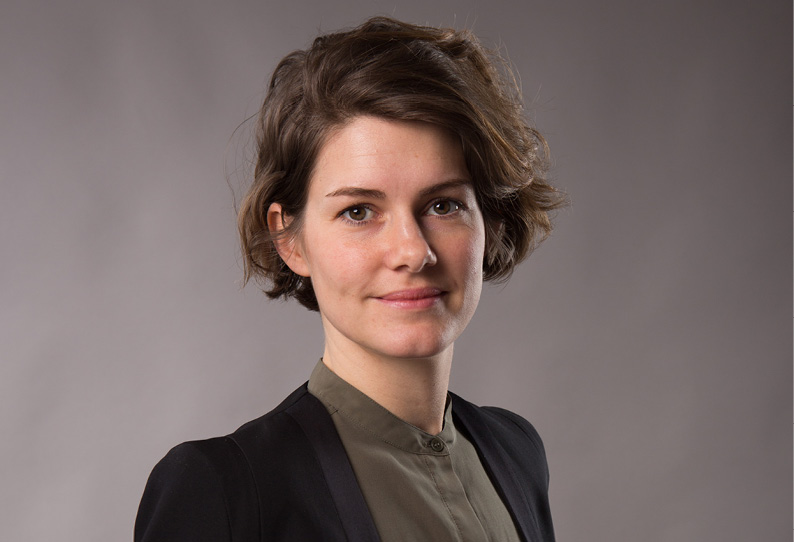“UN overlooks security issues important to women”
There international community has confirmed gender equality is essential for achieving sustainable peace. Yet time and again, the UN fails to enforce its own decisions on women’s equal participation in peace and security processes. Could a new resolution be the turning point?

Sixteen years have passed since the UN Security Council adopted resolution 1325, the first resolution explicitly stating that all conflict-resolution processes should have gender equality as a starting point.
Since then, seven more resolutions with a similar focus have followed. The latest, resolution 2242, was adopted last autumn.
“Resolution 2242 underlines once again that gender equality and peace efforts must go hand in hand. It was adopted after a UN study revealed major flaws in the organisation’s own work. Unfortunately, there’s still a long way to go before the UN’s peacekeeping operations and development support are gender equal, or before the UN takes women’s security needs seriously,” says Disa Kammars Larsson, policy & advocacy advisor at Kvinna till Kvinna.
“Security issues that affect women are still too often overlooked. They include adopting legislation against child marriage and gender-based violence, developing safe systems for women to report crimes to the police, bringing to trial the perpetrators of sexual violence in conflict, and ensuring survivors of violence are given redress and compensation.”
Lack of funding a major obstacle
Resolution 2242 describes what the UN must change internally to address its shortcomings. For example, it establishes that efforts on gender equality will from now on be part of what senior managers are evaluated on. While that is good news per se, the effect of the change will depend on the resources allocated to its implementation.
“These resolutions are important, but lack of funding is a major reason why they have so far had relatively little impact. At the moment, for example, just 6% of all bilateral aid to so-called fragile states is allocated to projects that have gender equality as a goal. When we look at the area of peace and security, the figure drops to 2%! This is in spite of the fact that we know equality and women’s participation are fundamental for establishing peace,” reveals Disa Kammars Larsson.
Does resolution 2242 include any other clauses that can benefit women’s rights activists, besides changing the UN’s structure?
“Some parts of the resolution are very important, like the part that clarifies gender equal peace work is a matter of human rights, not a ‘women’s issue’. The resolution also highlights that civil society, and women’s organisations in particular, have an important role to play in building peace, establishing democracy and fighting violent extremism,” explains Disa Kammars Larsson.
“At the same time, the resolution’s new focus on violent extremism worries the women’s rights activists we work with. Of course they support taking action against deeds of violent extremism, and persecuting those responsible. But they are afraid this will draw attention away from the state-sanctioned violence that many civilians and activists are subjected to. Several countries now even have laws aimed at discrediting civil society. These laws have led to women’s rights activists being imprisoned, or organisations being prohibited from receiving international funding.”
Not singling out one perpetrator
A concrete example of the problem of focusing on one single perpetrator, was when Sweden sent military advisors to Iraq to support the fight against the extremist group Islamic State (IS).
“Kvinna till Kvinna pointed out that the Shia militia groups the Iraqi government uses to fight IS are also very conservative. Some of these groups have even threatened the women’s rights organisations we support. We need to understand that violence can be perpetrated by more than just one side of a conflict,” warns Disa Kammars Larsson.
The UN Security Council has adopted eight resolutions on women, peace and security: 1325, 1820, 1888, 1889, 1960, 2106, 2122 and 2242.
When resolution 1325 was adopted in 2000, it marked the first time the Security Council addressed the disproportionate and unique impact of armed conflict on women and recognised the contributions of women to conflict resolution and peacebuilding. Resolution 1325 also stressed the importance of women’s equal and full participation as active agents in peace and security processes.
Read more about our views on the women, peace and security agenda.